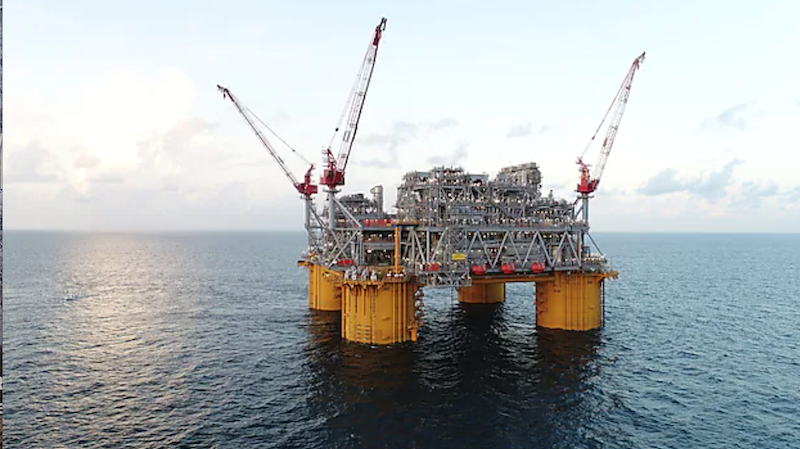The chief of one of the world’s largest oil companies threw a curve ball at the controversial energy transition by backtracking on its renewable energy commitments with a renewed focus on its core commodity.
“I think what would be dangerous and irresponsible to actually cut out oil and gas production so that the cost of living — as we saw just last year — starts to shoot up again,” recently installed Shell CEO Wael Sawan said in widely panned remarks to the BBC on July 6. “The reality is the energy system of today continues to desperately need oil and gas.”
The remarks signal a sharp reversal from the ambitious objectives of former CEO Ben van Beurden, who set a net-zero emission target for both its operations and products by 2050 that included reducing oil production by roughly 1% to 2% a year through at least the end of this decade. Sawan assumed the top job at Shell in January following van Beurden’s retirement.
Shell may double down on its pivot to oil and gas as the super-major is considering selling off its renewable power operations, according to a July 13 Bloomberg report, citing “people with knowledge of the matter.” Shell’s renewable energy assets include a 50% stake in the stalled SouthCoast Wind offshore wind farm off Massachusetts.
A leading oil and gas producer in the deepwater Gulf of Mexico, Shell’s global equivalent production reached 1.877 million boed in the first quarter, up from 1.859 million boed in the fourth quarter of 2022. The Shell Offshore entity also holds 12 of the 34 new well permits the Bureau of Ocean Energy Management (BOEM) issued for Gulf of Mexico waters of 1,000’ or greater between Jan.1 and July 15.
Shell joins fellow UK super-major BP in dialing back renewable energy investments in favor of the appreciably higher returns from their respective oil and gas operations. BP had aimed to reduce emissions by 35% to 40% by the end of the decade, but in March scaled back the declaration to a 20% to 30% reduction target. Both have stated the transition to renewable energy must be a more gradual process with oil and gas carrying the load for now.
During his BBC interview Sawan added that he was not ruling out the possibility of relocating the company from London to the U.S., citing the UK government's changing tax and energy policies. “I would never rule out anything that could potentially create the right circumstances for the company and its shareholders. Ultimately, I am in the service of shareholder value,” he said.




